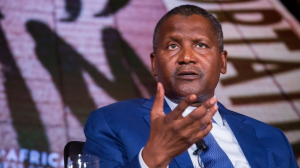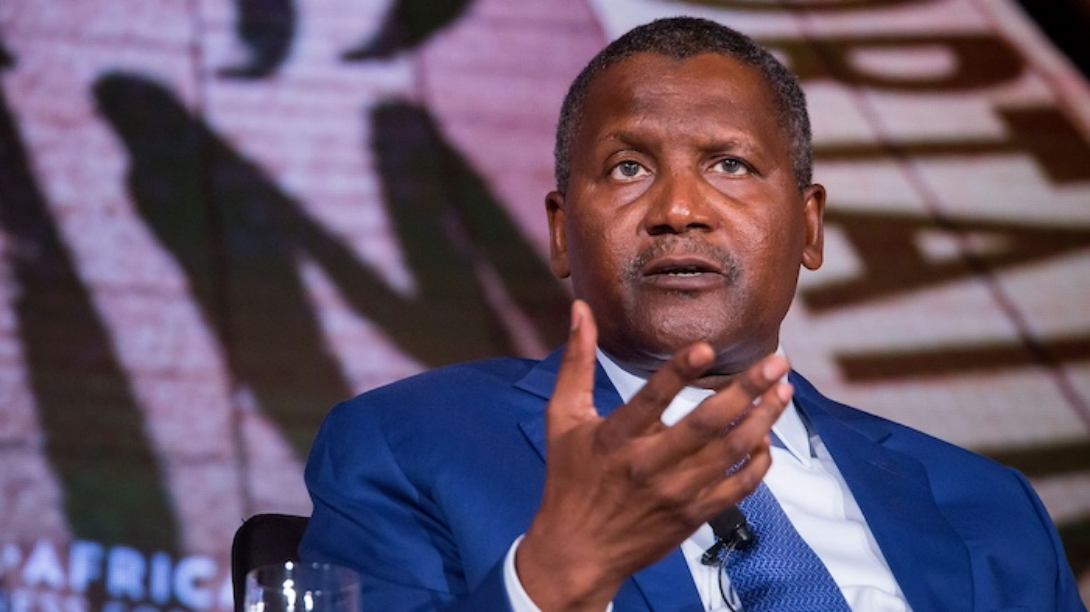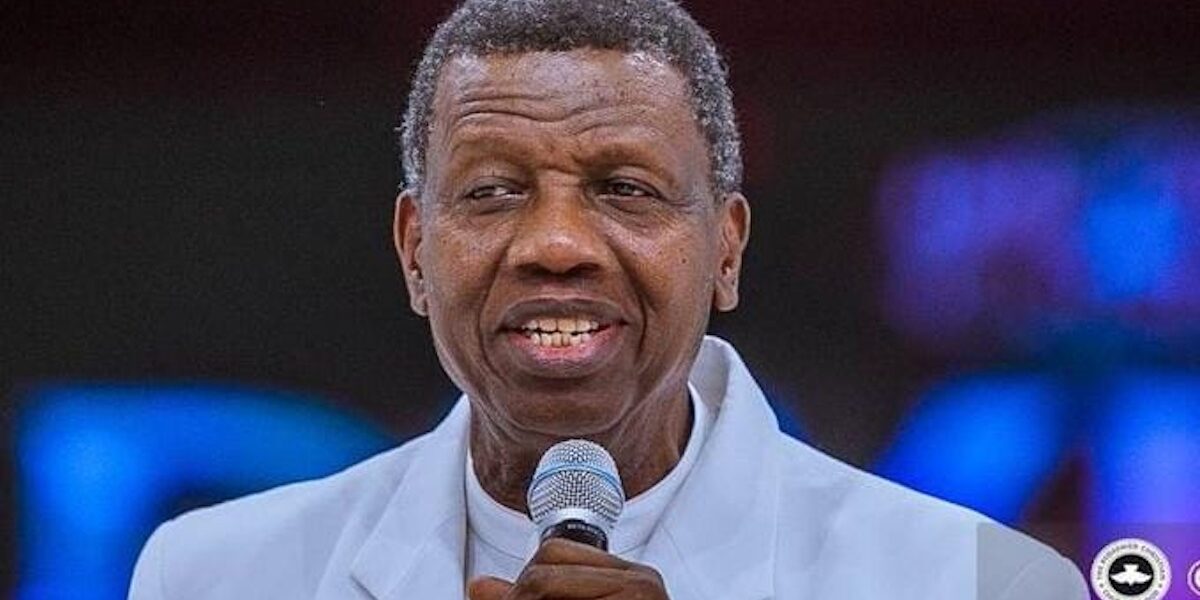
Refineries at Dangote have accused global corporations of manipulating crude prices to undermine their local supply of crude oil.
Over the weekend, the management of the $19 billion Dangote Refinery, which processes 650,000 barrels per day (bpd), accused International Oil Companies (IOCs) operating in Nigeria of conspiring to ensure the facility’s failure.
Devakumar Edwin, vice president of oil and gas at Dangote Industries Limited (DIL), claimed that the international corporations were purposefully impeding the refinery’s attempts to purchase local petroleum by inflating their premium prices over the going rate.
Speaking to a group of energy journalists during a one-day training session hosted by Dangote Group, Edwin explained that the refinery was being forced to buy oil, at great expense, from countries as far away as the US.
Additionally, he bemoaned the fact that the Nigerian Midstream and Downstream Petroleum Regulatory Authority (NMDPRA) continued to indiscriminately award import licenses to marketers so they could bring contaminated refined products into the nation.
According to Edwin, out of the 25 licenses that the federal government gave to investors to construct refineries, only Dangote Refinery fulfilled its commitment.
He said that the Nigerian government ought to provide the Dangote group with every possible assistance, particularly with regard to the Domestic Crude Supply Obligation (DCSO), as outlined in the enabling statute.
Additionally, he bemoaned the fact that the Nigerian Midstream and Downstream Petroleum Regulatory Authority (NMDPRA) continued to indiscriminately award import licenses to marketers so they could bring contaminated refined products into the nation.
According to Edwin, out of the 25 licenses that the federal government gave to investors to construct refineries, only Dangote Refinery fulfilled its commitment.
He said that the Nigerian government ought to provide the Dangote group with every possible assistance, particularly with regard to the Domestic Crude Supply Obligation (DCSO), as outlined in the enabling statute.
“We are calling on the federal government and regulators to give us the necessary support in order to create jobs and prosperity for the nation.”
He observed that while the Nigerian Upstream Petroleum Regulatory Commission (NUPRC) was trying its best to allocate crude oil to the refinery, the foreign oil companies were bent on frustrating the move.
Edwin stated, “The IOCs are deliberately and wilfully frustrating our efforts to buy the local crude. The NUPRC recently met with crude oil producers as well as refineries owners in Nigeria in a bid to ensure full adherence to DCSO, as enunciated under Section 109(2) of the Petroleum Industry Act (PIA).
“It seems that the IOCs’ objective is to ensure that our petroleum refinery fails. It is either they are deliberately asking for ridiculous and humongous premium or they simply state that crude is not available.
“At some point, we paid $6 over and above the market price. This has forced us to reduce our output as well as import crude from countries as far as the US, increasing our cost of production.
“It appears that the objective of the IOCs is to ensure that Nigeria remains a country, which exports crude oil and imports refined petroleum products. They are keen on exporting the raw materials to their home countries, creating employment and wealth for their countries, adding to their Gross Domestic Product (GDP), and dumping the expensive refined products into Nigeria, thus making us to be dependent on imported products.”
The Dangote vice president maintained that it was the same strategy the multinationals had been adopting in relation to every commodity, making Nigeria and Sub-Saharan Africa to face unemployment and poverty, while creating wealth for themselves at Nigeria’s expense.
Describing the situation as exploitation, he emphasised that, unfortunately, the country was also playing into the hands of the multinationals by continuing to issue import licences at the expense of the economy and at a cost to the health of Nigerians, who were exposed to carcinogenic products.
According to him, “In spite of the fact that we are producing and bringing out diesel into the market, complying with the Economic Community of West African States (ECOWAS) regulations and standards, licences are being issued in large quantities to traders, who are buying the extremely high sulphur diesel from Russia and dumping it in the Nigerian market.
“Since the US, EU and UK imposed a price cap scheme from February 5, 2023 on Russian petroleum products, a large number of vessels are waiting near Togo with Russian ultra-high sulphur diesel and they are being purchased and dumped into the Nigerian market.
“In fact, some of the European countries were so alarmed about the carcinogenic effect of the extra high sulphur diesel being dumped into the Nigerian market that countries like Belgium and the Netherlands imposed a ban on such fuel being exported from its country into West Africa recently.
“It is sad that the country is giving import licences for such dirty diesel to be imported into Nigeria, when we have more than adequate petroleum refining capacity locally.”
In May, Belgium and The Netherlands adopted new quality standards to halt the export of cheap, low-quality fuels to West Africa, harmonising its standards with those of the European Union.
The measures synchronised fuel export standards with the European domestic market, specifically targeting diesel and petrol with high sulphur and chemical content.
Historically, the fuels, with sulphur content reaching up to 10,000 ppm, were exported at reduced rates to countries like Nigeria and other West African consumers.
The decision of the NMDPRA to keep granting licences indiscriminately for the importation of dirty diesel and aviation fuel, the Dangote group said, had made the refinery to expand into foreign markets.
Edwin said, “The refinery has recently exported diesel and aviation fuel to Europe and other parts of the world. The same industry players fought us for crashing the price of diesel and aviation fuel, but our aim, as I have said earlier, is to grow our economy.”
Edwin stated that because the refinery met the international standard and complied with stringent guidelines and regulations to protect the local environment, it had been able to export its products to Europe and other parts of the world.
He appealed to the federal government and the National Assembly to urgently intervene for speedy implementation of the PIA and to ensure the interest of Nigeria and Nigerians were protected.
Edwin said, “Recently, the government of Ghana, through legislation, has banned the importation of highly contaminated diesel and PMS (petrol) into their county. It is regrettable that in Nigeria, import licences are granted, despite knowing that we have the capacity to produce nearly double the amount of products needed in Nigeria and even export the surplus.
“Since January 2021, ECOWAS regulations have prohibited the import of highly contaminated diesel into the region.”





